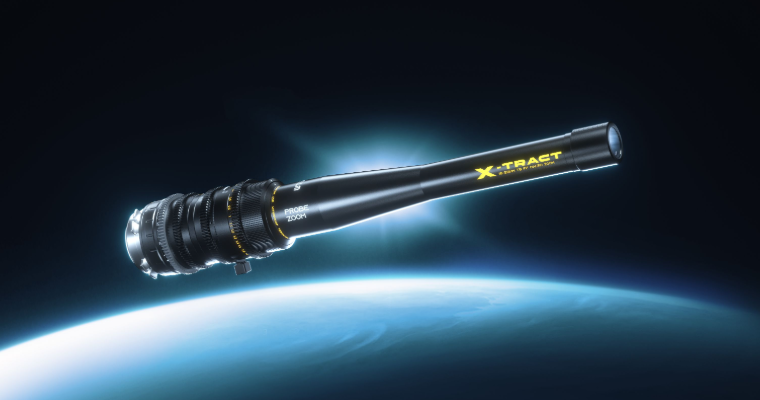11-18-2021
In this article, we make a interview to Flying carpet Studio to get a deeper understanding of how to shoot a tense gun battle movie.
The customer- Flying Carpet Studio
Shot on RED Epic M-X 5K+DZOFILM Lens
BTS by Flying Carpet Studio
Have you ever imagined yourself as a sharpshooter ordered to carry out a thrilling mission? It's dangerous and exciting. In this interview, we invited flying Carpet Studio. to tell us their story about The customer, a gunfight microfilm.
Flying Carpet Studio: Flying Carpet Studio has roots in parkour/freerunning community. All of us started training this sport years ago and each of us was filming ourselves and other athletes separately. Years went by and we don't train parkour anymore, but film stayed and became our main passion.
Piotr Marcjasz and Adam Ślesiński, as they were both living in Wrocław, connected and established Flying Carpet as film group in 2012. In 2015 they formalized it as a film production house and when I moved to Wrocław in 2016, I joined them as we had been friends for a long time already. We made various film and photo productions in different parts of the world together, both commercial and passion projects.

DZOFILM: Was there any interesting story about the name "flying carpet" you pick?
Flying Carpet Studio: 'Flying' refers to our parkour story obviously. 'Carpet', to the Magic Carpet of Alladin - That's the official version. Can't really say the unofficial version, even though it is funny.Haha

Flying Carpet Studio: Our friends told us about this LCTAirsoft film contest and as we had some free time we decided to make some short action movie with Airsoft guns. We wanted to do some 'branded story' which will both - tell something about modularity of LCTAirsoft replicas (that was a contest topic) and be entertaining. The main inspiration was the James Bond series and scenes with Q who is always presenting him new gadgets and weapons.

Flying Carpet Studio: The film takes place in Eastern Bloc and is about an agent who illegally buys a weapon for a mission of getting secret information. The story was defined by the contest topic of course and things we had available, like replicas, possible locations, crew, etc. We were self producing it so the budget was limited and that is the situation when you need to be most creative and create with what you have.

DZOFILM: What's the technique did you use to build the tense atmosphere of Gun Fire? What kinds of lens language did you apply?
Flying Carpet Studio: As the story is mostly about our Agent, we decided that we need to be with him almost all the time. It was natural for me to use a handheld camera (with help of Easyrig in this case) to feel uncertainty and stress of the situation and a wider focal length to place the audience right in the middle of the action. As the opposite, the weapon selling scenes were filmed steady and stable (mostly with steadicam) to differentiate the situations and emotions. Another important thing to build an atmosphere was smoke/haze and lighting of course (or shadow - as we didn't have a lot of resources - I used negative fill to make some contrast in the image).

Flying Carpet Studio: Choosing the right lenses and camera is for me one of the most important decisions in the pre production process. Knowing possibilities of your equipment is essential to be efficient in telling visually what you really want. Character of the lens always matters for me, as it can define different look of the entire film and make small but significant changes to how the audience will receive the visuals. I decided to use DZOFILM Pictor Zooms mostly because I wanted to save time, as we had limited resources and changing lenses on our rig or steadicam for every shot would be time consuming. I used them before in my work, so I knew that Pictor Zooms are really reliable with their color rendition, sharpness, build quality and will be perfect for this project.

DZOFILM: We noticed that it was very cold in Poland when you were shooting, did you have any problems with the equipments? Any impressive moments?
Flying Carpet Studio: When we were shooting it was pretty cold here in Poland but fortunately we didn't have any problems with the equipment. First day (shooting scenes) was a bit warmer - around 0*C, but the second shooting day was around -8*C, it was snowing, and our location had no heating. Unfortunately we used only LED lights so any big tungsten lamps weren't warming us, but some people were doing some push ups and sit ups to get warm. It was impressive to have a crew so dedicated to a project. Greetings to everyone of the crew if you read this. You are the best!

DZOFILM: The shooting style has a strong sense of visual impact in your film, is there any resources of filming learning can share to us?


